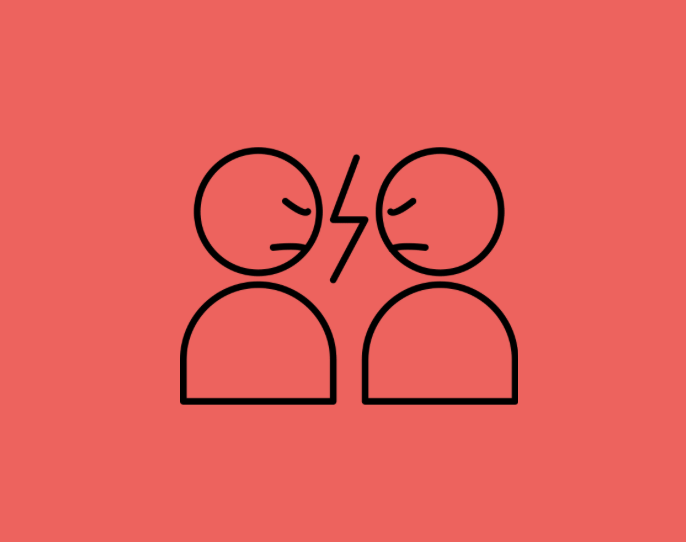Civil law is about cases where an individual, a company or even government does something wrong that causes you loss or injury for which you as a citizen can seek compensation. Sometimes a citizen may seek compensation on behalf of the community or public where they have a common interest. Examples of civil law include the law governing formation and putting into practice of contracts, the law of marriages and the law of succession, Land laws.
If you want to correct a wrong (redress) in a civil case or in a civil court and at the same time get compensation then you must show three things, namely:
- Prove that you have a right;
- Prove that the right has been violated or abused, and
- Prove that the other person is responsible for the violation.
The redress that the wronged individual, group or company seeks or looks for is, to put right the wrong, as much as the court possibly can. This is usually done in money terms.
The purpose of the civil administration of justice is to determine the rights of those in a dispute who suffer from the wrong by providing compensation in form of damages, or having the action that is causing the wrong stopped (injunction), declaring for instance that land claimed by another person belongs to him or her. In some cases, it may be that a contract was not completed and needs to be completed.
Example of a Civil Case
Kitunzi and Owino, had neighboring farms separated by a weak barbed-wire fence. Owino alleges that Kitunzi’s cows knocked down the barbed wire fence that he erected to separate their farms. That Kitunzi’s cows entered the land and destroyed bananas Owino had planted worth 1,000,000. (One Million Shillings).
Owino sought advice from a lawyer on the matter. Owino told the lawyer that he wanted Kitunzi to pay for his destroyed fence, and the bananas his cows destroyed as well as for all the trouble he had caused him.
The lawyer, therefore, filed a c ivil case for compensation or damages to recover from Kitunzi for the destruction to his fence and banana plantation.
As this is a civil case, Owino must pay for the services of a lawyer. This payment is commonly known as Professional Fees. Each document filed in court is supposed to be paid for. The money paid for the documents is called Filing Fees. Owino’s lawyers can ask the court for the Filing and Professional Fees to be paid to Owino if Owino wins the case.
Also, Kitunzi has to pay professional fees to his lawyers as well as filing fees for court documents.
Key Stages in Civil matter
- A wrong is committed.
- The victim/plaintiff seeks the advice of a lawyer.
- The victim/plaintiff appoints the lawyer to represent him or her.
- The lawyer writes a demand letter in which s/he says that he has the intention to sue (take legal action against) the person who committed a wrong unless that person makes right the wrong.
- If the person who committed the wrong denies or refuses, then the lawyer will start the legal action in court.
- The lawyer draft a Statement of Claim (a complaint) and Mediation Summary (a proposal on how to settle the case).
- The lawyer seeks an assessment of filing fees for the case from the Cashier at court, then he pays the fees in the bank and obtains a receipt.
- The lawyer returns to court to file the Statement of Claim and all relevant documents. The cashier’s office will need proof of payment of filing fees to accept the Statement of Claim and all relevant documents.
- The lawyer takes the documents to the Clerk in the Registry where the Clerk stamps the documents and, gives the Statement of Claim a Case Number and the Mediation Case Summary will also be given another number.
- The Clerk will advise when the summons (notifying the person who wronged of the court action and hearing date) will be ready for collection for service on the Defendant (the person who committed the wrong).
- Summons are taken from the court and served on the Defendant either by a Process Server or an Advocate.
- The Defendant’s lawyer files a written statement of defense within fifteen (15) days from the date of service of summons and statement of claim.
- Fourteen (14) days after, the court will notify the lawyer of the date of mediation hearing. If mediation is successful, then a Consent Agreement is reached and the case stops there. If mediation is not successful then the case is referred to a Judge for hearing. A hearing date is fixed.
- The case Comes for Scheduling conference (to explore further options of resolving the complaint or sorting out the facts and issues before a hearing). This is intended to speed up the trial.
- During the hearing, in court. the lawyer for the Plaintiff calls witnesses to testify and they are crossexamined by the Defendant or his lawyer.
- The plaintiff case closes and the Defense’s case starts.
- The Lawyer for the Defendant or the Defendant calls his witnesses who testify on oath and are crossexamined by the Plaintiff or the Plaintiff’s lawyer.
- Defense’s case closes.
- Plaintiff and Defense make submissions.
- The Judge writes and delivers the judgment.











